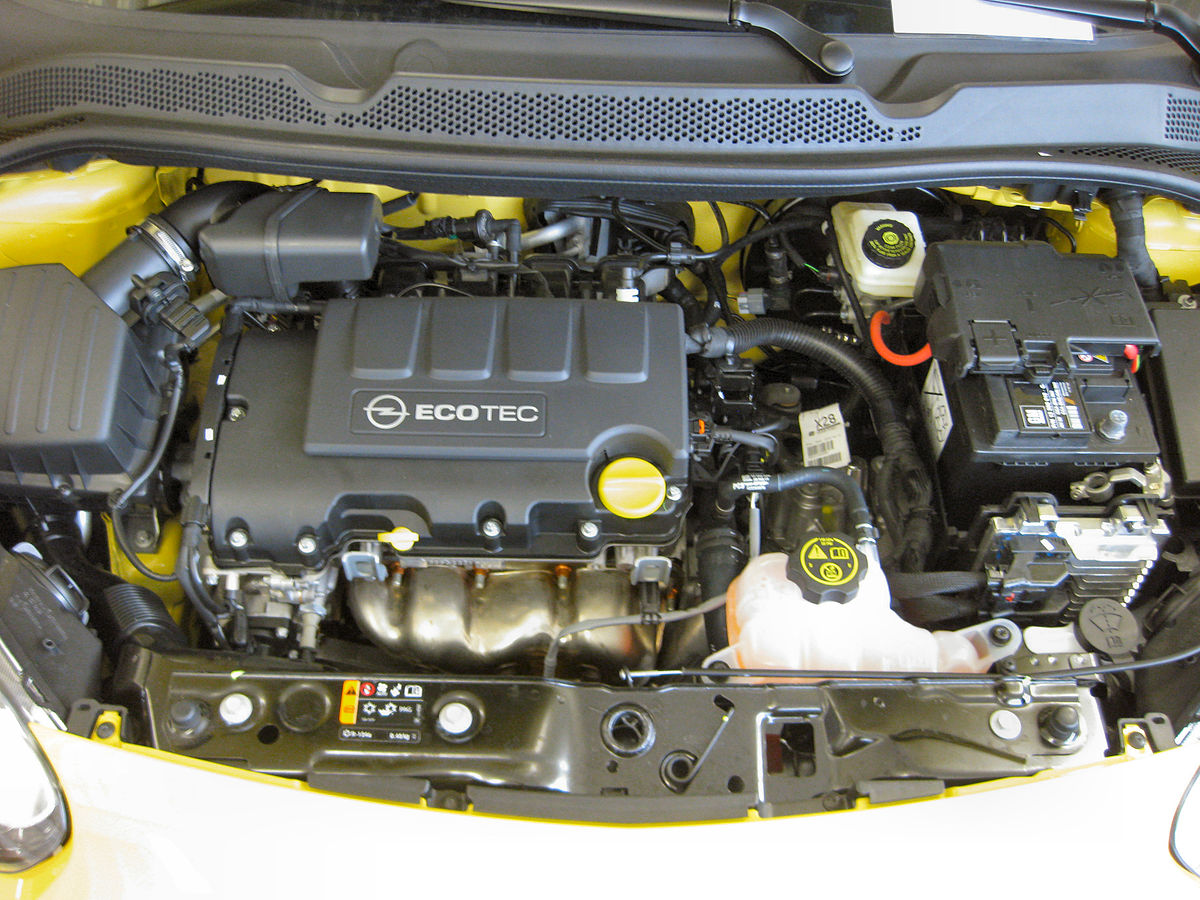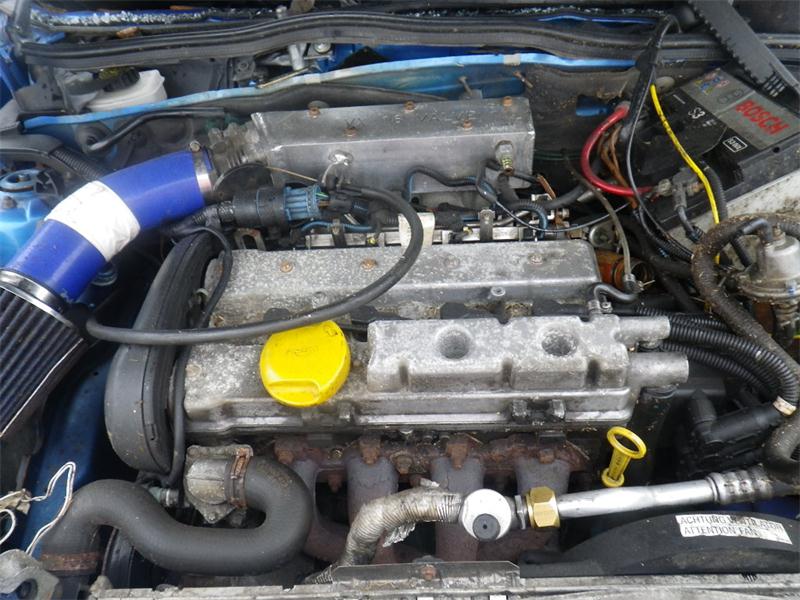Discover Competitive Opel Corsa 1.4 Engine Price Options at Vehicle Parts Industry
Discover Competitive Opel Corsa 1.4 Engine Price Options at Vehicle Parts Industry
Blog Article
Engine Purchasing Professional Tips on Choosing the Right Engine for Your Certain Demands
Selecting the appropriate engine for your certain requirements involves a complex interaction of aspects that go beyond mere horse power figures. By diving right into the ins and outs of power versus effectiveness, examining gas scores, and budgeting for long-term prices, one can really maximize their engine choice.
Power Vs. Efficiency: Locating the Balance
When selecting an engine, it is critical to strike a balance in between power and effectiveness to meet your details requirements successfully. Power refers to the engine's capacity to create power for propulsion, figuring out factors like velocity, hauling ability, and overall efficiency - Opel Corsa 1.4 Engine Price. On the other hand, effectiveness relates to exactly how well the engine utilizes fuel to produce power, impacting variables such as fuel economy and environmental kindness
Achieving the ideal balance between power and performance is important due to the fact that an engine that is too powerful might consume extreme gas, leading to higher operating expense and unneeded strain on the atmosphere. Alternatively, an engine that prioritizes efficiency over power might cause sluggish performance, particularly popular situations like hauling heavy lots or driving uphill.
To make a notified decision, take into consideration factors such as your common driving problems, the designated usage of the vehicle, and your personal preferences. By reviewing your priorities and requirements, you can pick an engine that strikes the excellent balance between power and effectiveness, making certain optimum efficiency while decreasing ecological impact and operating costs.
Understanding Engine Size and Type
To additionally fine-tune the choice procedure of an engine that strikes the ideal balance between power and effectiveness, it is important to dig right into the ins and outs of recognizing engine dimension and kind. Engine dimension refers to the overall volume of air and fuel that can be pressed via the engine cyndrical tubes. It is commonly gauged in litres or cubic centimeters. Larger engine dimensions normally lead to more power output but can also lead to decreased fuel performance. On the various other hand, smaller engine sizes are typically much more fuel-efficient but may give up some power.
Additionally, engine kind plays a critical role in figuring out the performance attributes of an engine. Common engine types include inline engines, V engines, and rotary engines, each with its unique advantages and downsides. The engine type influences elements such as the engine's size, weight circulation, and power distribution. Understanding the interplay between engine size and type is essential in selecting an engine that lines up with your specific needs and concerns, whether it be power, performance, or an equilibrium of both.

Consider Your Automobile's Requirements
If you her comment is here are looking for an engine for a durable vehicle that will certainly be used for towing, you will certainly require an effective engine with high torque capacities. On the other hand, if you are selecting an engine for a small auto mainly utilized for city travelling, gas efficiency may be a more important variable to consider.
If you regularly drive in sloping or hilly areas, a durable engine with excellent climbing up power will be necessary. By aligning the engine specifications with your lorry's needs, you can make sure that your automobile operates efficiently and fulfills your efficiency expectations.
Evaluating Gas Performance Scores
Evaluating fuel performance scores is a vital element of selecting the appropriate engine for your lorry, making certain expense savings and ecological sustainability. Gas efficiency rankings, normally determined in miles per gallon (MPG) for gasoline engines or kilowatt-hours per 100 miles (kWh/100 miles) for electrical engines, indicate just how much a car can take a trip on a details amount of gas or power. Greater MPG or lower kWh/100 miles worths signify extra effective engines, translating to minimized fuel prices and lower carbon exhausts.
In addition, compare different engine alternatives within the same lorry class content to determine look here the most affordable choice. Elements such as engine size, weight, the rules of aerodynamics, and crossbreed or electrical capacities can all affect fuel efficiency.
Budgeting for Long-Term Costs
Purposefully intending for long-lasting costs is vital when selecting an engine, ensuring economic sustainability over the car's lifespan. While the first acquisition price of an engine is a substantial aspect, it is important to consider the lasting expenses associated with upkeep, repair work, and gas usage.
Furthermore, investigating the schedule and cost of replacement components for the picked engine is vital in budget plan planning. By meticulously budgeting for these long-term expenses and factoring them into the decision-making process, people can pick an engine that not just fulfills their instant demands however additionally stays cost-effective throughout its life-span.
Final Thought
To conclude, selecting the right engine for your certain needs requires balancing power and performance, understanding engine size and kind, considering your vehicle's requirements, assessing gas effectiveness ratings, and budgeting for long-lasting expenses. By thoroughly thinking about these variables, you can guarantee that you pick an engine that fulfills your needs and provides optimal performance for your car.
To better improve the choice process of an engine that strikes the optimum balance between power and efficiency, it is essential to dive right into the complexities of understanding engine dimension and type. Engine size refers to the complete volume of air and gas that can be pressed through the engine cyndrical tubes. Typical engine types consist of inline engines, V engines, and rotary engines, each with its unique benefits and drawbacks. Recognizing the interaction between engine dimension and type is essential in choosing an engine that aligns with your certain needs and top priorities, whether it be power, effectiveness, or an equilibrium of both.

Report this page